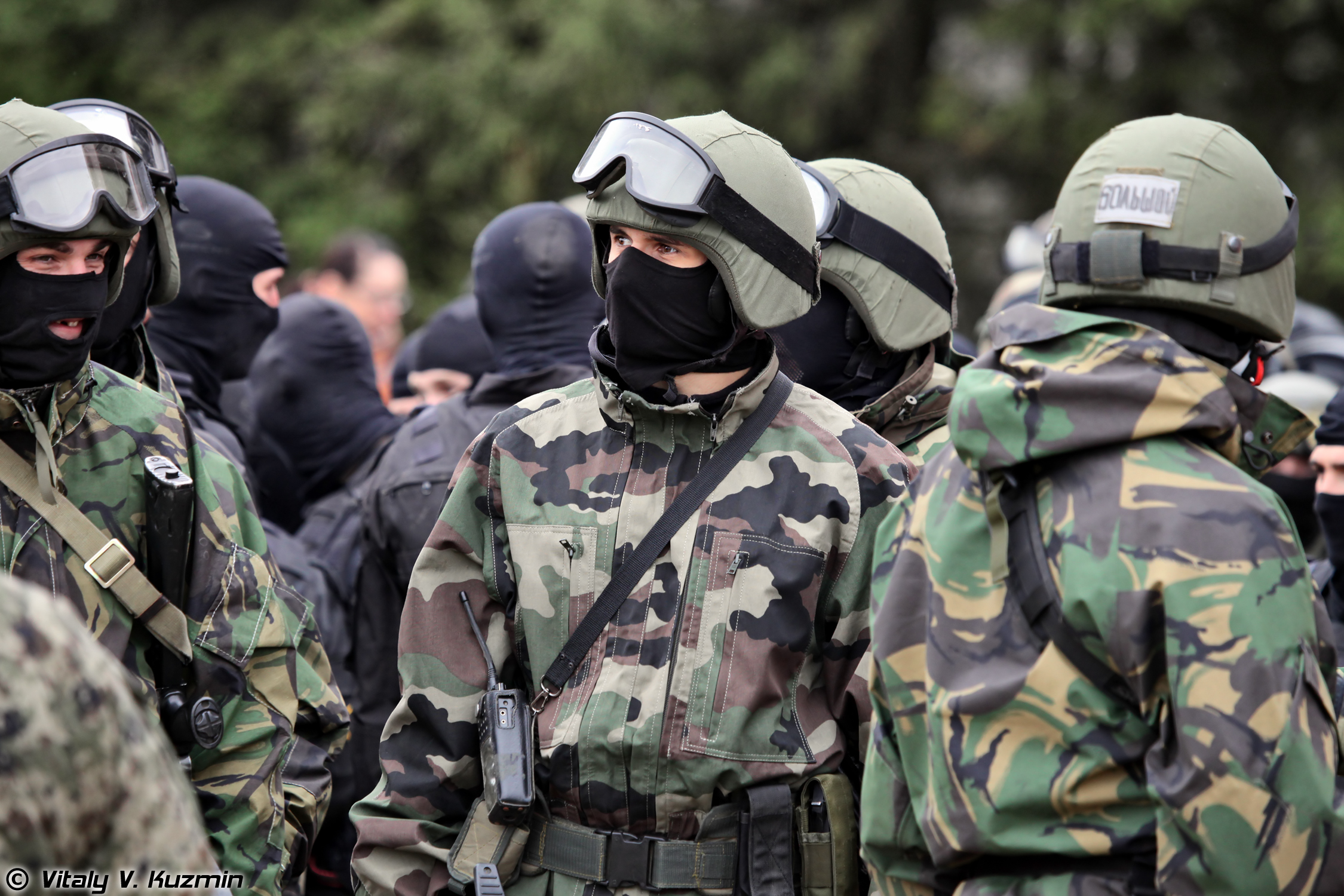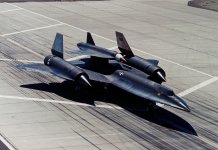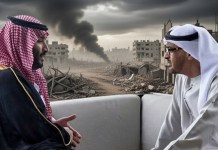Russia has pledged to monitor developments in Iraq in light of the US withdrawal, emphasizing that Russia does not want to see one more territory in the region risk plunging into instability.
“Definitely this situation deserves special attention. The situation is slightly different in Iraq, since quite many of the so-called military advisers appealingly remain in Iraq and will continue their work there. So, we will certainly monitor it … Of course, we do not want one more territory to join the regional potential of instability,” Kremlin spokesman Dmitry Peskov told reporters.
Commenting on potential destabilization in light of the US pull-out, the Kremlin spokesman emphasized that the situations in Afghanistan and Iraq are quite different.

“I believe we should not be drawing any parallels here,” Peskov added, asked whether Russian President Vladimir Putin welcomes the decision.
“Above all, we are interested in continuing contacts and developing our relations with the Iraqi government,” Peskov said, asked if there were some forces in Iraq that are currently banned in Russia but that could potentially participate in negotiations.
Meanwhile, around 1,000 Russian servicemen will take part in military drills that Tajikistan will host in August close to the border with Afghanistan, with Uzbekistan’s participation, the Russian Central Military District said on Tuesday.
Over 1,500 servicemen and around 300 units of weapons and military equipment from the three countries are set to be involved in the drills.
“Around 1,000 Russian servicemen will take part in the trilateral tactical drills of Uzbekistan’s and Tajikistan’s military contingents, which will be held from August 5-10 in Tajikistan’s south,” the Russian military said in a statement.
Russian, Tajik and Uzbek servicemen will practice the elimination of terrorist groups and criminal gangs. The drills will include tactical operations with the use of reconnaissance fire and scout-attack systems.
Russia will be represented by motorized infantry, tank force and artillery detachment units, as well as chemical, biological and radiological defense experts and electronic combat forces.




